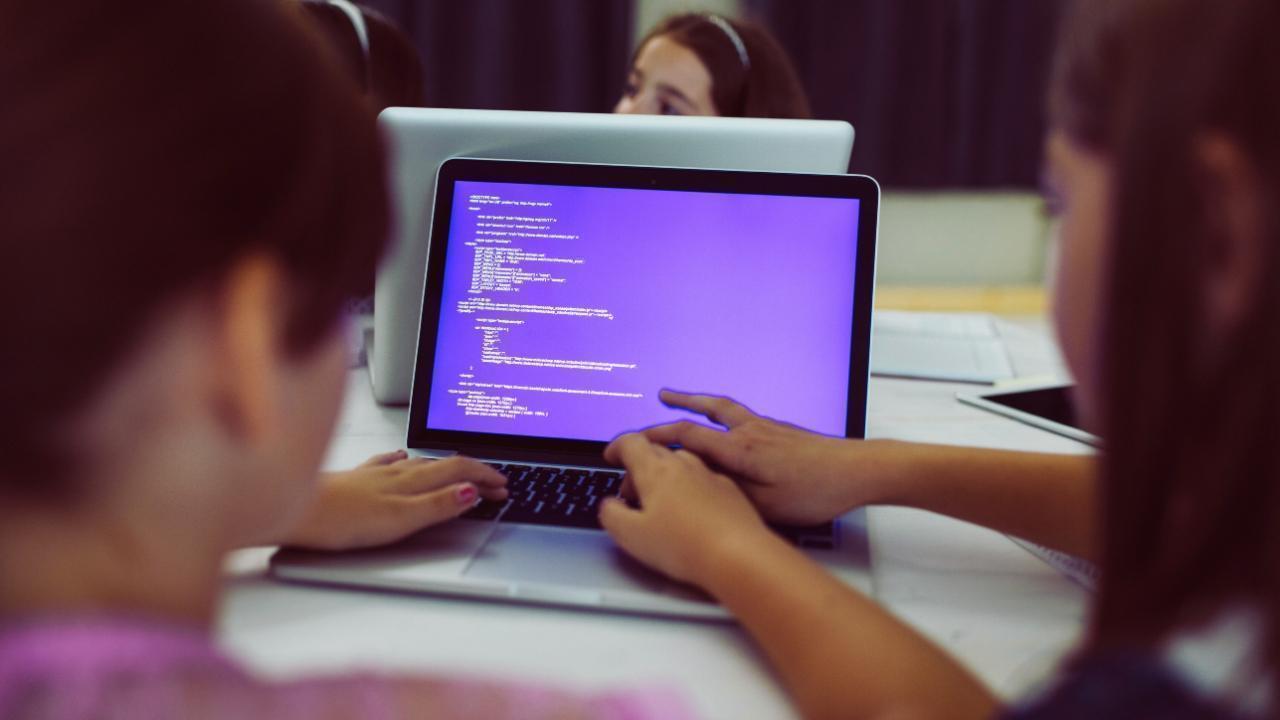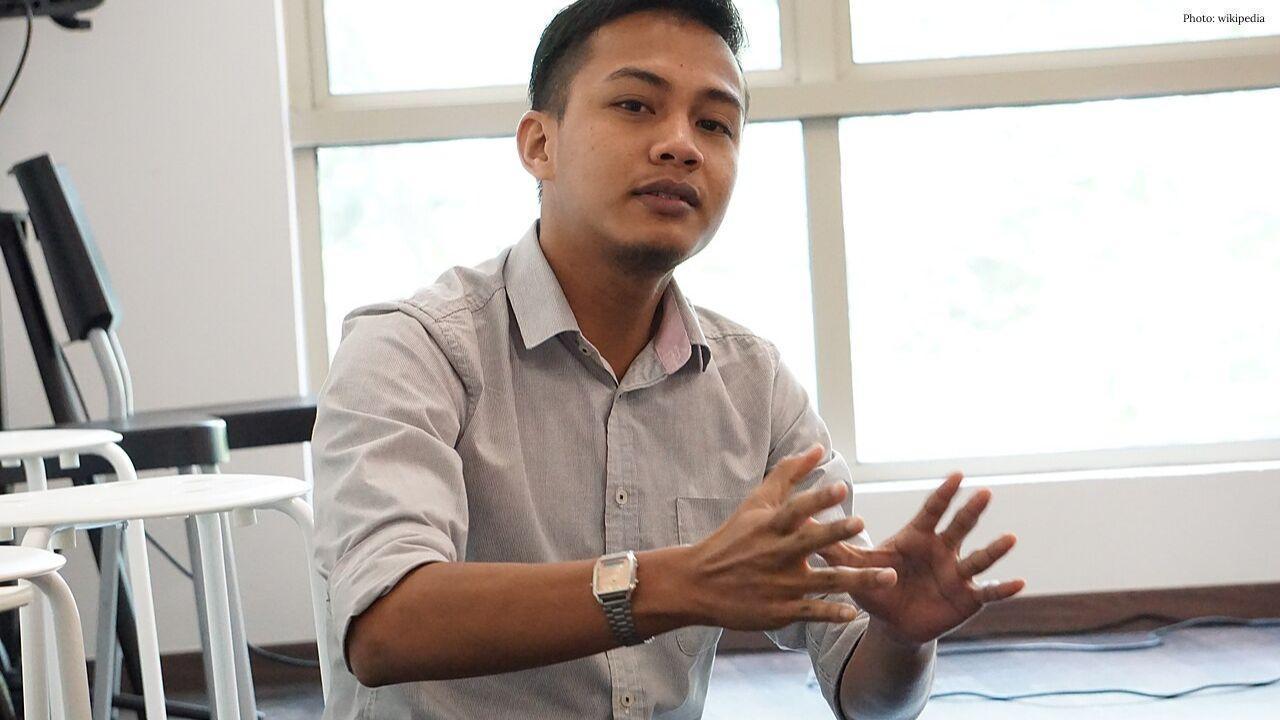You have not yet added any article to your bookmarks!

Join 10k+ people to get notified about new posts, news and tips.
Do not worry we don't spam!

Post by : Anis Farhan
Once a niche skill, coding has transformed into a global literacy tool. Parents from diverse cultural and economic backgrounds are enrolling their children in programming classes, often before they even turn 10. Coding is no longer seen as something reserved for tech professionals—it’s becoming a foundational subject much like math or language.
From the U.S. to South Korea, families are investing early in tech exposure, aware that digital fluency could become as essential as reading and writing in tomorrow’s job market. The trend is rapidly growing thanks to rising tech dependence and the success stories of young coders creating apps, games, and even launching startups before hitting their teenage years.
Psychologists and educators agree that early childhood is a critical period for learning. Children under 10 are more receptive to new languages, and coding is now considered one of them. Teaching kids programming logic and structure in these formative years not only gives them a head start—it builds the groundwork for advanced problem-solving later on.
Unlike older learners, young children are less afraid to make mistakes. They experiment freely, which helps them grasp abstract computational concepts naturally. Tools like Scratch, Blockly, and Tynker simplify this learning curve through game-like interfaces that disguise lessons as fun challenges.
Modern parenting isn’t just about sending kids to sports camps or music lessons anymore. A growing segment of millennial and Gen Z parents is more tech-savvy and future-oriented. They view coding as a life skill rather than a professional one. For these parents, ensuring their children are digitally literate is on par with ensuring they're physically fit or emotionally intelligent.
Parents across the board are also seeking to foster creativity and innovation in their children. Programming helps children break down big problems into smaller steps, reinforcing patience and analytical thinking. Many parents note that coding has improved their child’s performance in mathematics and logic-driven subjects.
One of the major reasons for this coding boom is the wide availability of platforms tailored specifically for children. Scratch (by MIT), Code.org, Tynker, and Khan Academy have all created environments where children can learn to code at their own pace through interactive exercises.
Some platforms even offer storytelling as part of coding, allowing children to animate characters and build their own worlds. Others focus on robotics or game development. These tools are also affordable or free, making early coding exposure a real possibility for middle-class and low-income families.
Schools are also adopting such platforms. In countries like the UK and Estonia, coding is already part of the school curriculum. In the United States, after-school programs and nonprofit coding boot camps like Girls Who Code and Code Ninjas are growing in popularity.
A surprising dimension to this movement is how coding is being recognized as a creative skill. Much like painting or writing, programming allows children to create something unique. They can build games, stories, apps, or even simulations based on their imagination. This emotional connection to their digital creations keeps them engaged and excited to learn more.
This fusion of art and science makes coding appealing to children with varying interests. A child who loves drawing may use code to animate their artwork. Another who enjoys storytelling might use a programming language to bring their plots to life in a video game format. This customization aspect makes the subject far more interesting than traditional academic subjects.
Despite its many benefits, introducing coding early does come with challenges. One is screen time—too much exposure to digital devices is a concern for many parents. There’s also the issue of over-scheduling kids and turning every aspect of their lives into a performance metric.
Some education experts warn against turning coding into a “must-have” skill before kids are ready. Instead, they advocate for introducing it as a form of play or creativity rather than a rigid subject. This ensures kids don’t burn out or develop an aversion to it early on.
Then there's the equity gap. While many online platforms are free, high-quality coding education often requires access to devices, stable internet, and in some cases, parental involvement—luxuries not all families can afford.
In urban centers across the globe, coding camps and after-school coding labs are sprouting up. These bootcamps promise a fun and fast-paced introduction to computer science. While some focus on game design or robotics, others lean toward app development or AI basics.
Parents are increasingly using holidays and summer vacations to enroll their children in such camps instead of traditional daycare or playgroups. The exposure to real-world problem-solving and peer collaboration in these camps mimics the startup culture, often igniting an early entrepreneurial spark in children.
Several young coders are already making global headlines. For example, Kautilya Katariya from the UK, who became the world’s youngest certified AI programmer at just six years old. Others have developed apps to help with dyslexia, created games addressing climate change, or helped design features for accessibility in mobile tools.
These real-world examples serve as both inspiration and proof that early coding isn't just theoretical. When nurtured properly, it can lead to real-world contributions and accolades—even before adolescence.
Tech giants like Google, Apple, and Microsoft are investing heavily in early coding education. Through grants, partnerships with schools, and open-source tools, they’re nurturing the next generation of developers and engineers. Their logic is simple: the earlier children are introduced to tech, the more prepared they’ll be for tomorrow’s workforce.
Initiatives like Hour of Code, which is celebrated globally every year, involve millions of children and showcase that anyone, regardless of background, can start coding. These initiatives also work to dispel the myth that programming is a "boy's skill," by highlighting gender diversity in coding education.
As the world increasingly leans on automation, AI, and digital transformation, early exposure to coding could offer today’s children an undeniable advantage. Those who understand how machines work, how software is built, and how to think computationally will likely lead the next wave of innovation.
In the next two decades, job markets will prioritize adaptability, technical fluency, and independent learning—skills naturally cultivated through early programming education. Moreover, as industries diversify, coding won’t remain confined to IT. From medicine to journalism, finance to agriculture, basic programming understanding may become universally beneficial.
This article is for informational purposes only. It does not constitute professional education advice or recommendations. Readers are encouraged to consult certified educators or child psychologists before making educational decisions for their children.










Raja Ampat Welcomes Back Endangered Zebra Sharks
Scientific collaboration and community education drive rare species repopulation in the Coral Triang

Tomorrowland Thailand Set for Full‑Scale Asian Debut in December 2026
Thailand to host world‑renowned electronic music festival in Pattaya, expected to draw tens of thous

Malaysia’s January Trade Hits RM272.4b as Exports Surge Penang Leads
Exports climb 19.6% year-on-year to RM146.9b with Penang contributing 44.2% of total shipments says

Penang PKR Exco Fahmi Zainol Pleads Not Guilty in Wife Abuse Case
Penang executive councillor Fahmi Zainol denies charges of voluntarily causing hurt to his wife as c

Palapes Cadet Death Case Military Trainers Face Trial as Court Lowers Bail
UTM Palapes instructors plead not guilty to culpable homicide over cadet’s death court lowers bail a

BTS Urges Passengers to Control Hair During Peak Hours
Bangkok’s BTS Skytrain advises commuters with long hair to avoid flicking or tossing it to prevent d